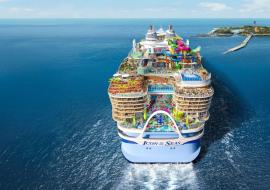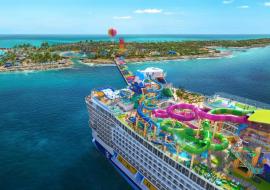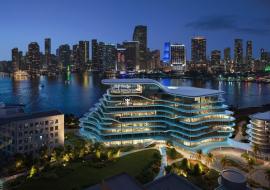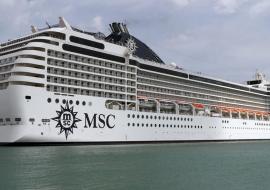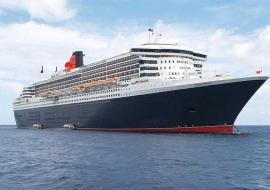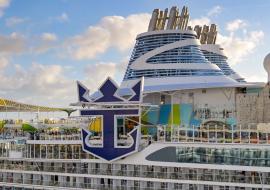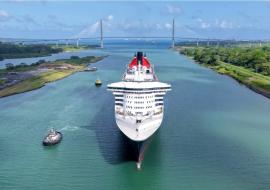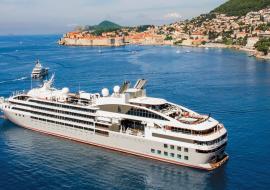Cruise Industry Reports Steady Progress Toward Sustainability Goals
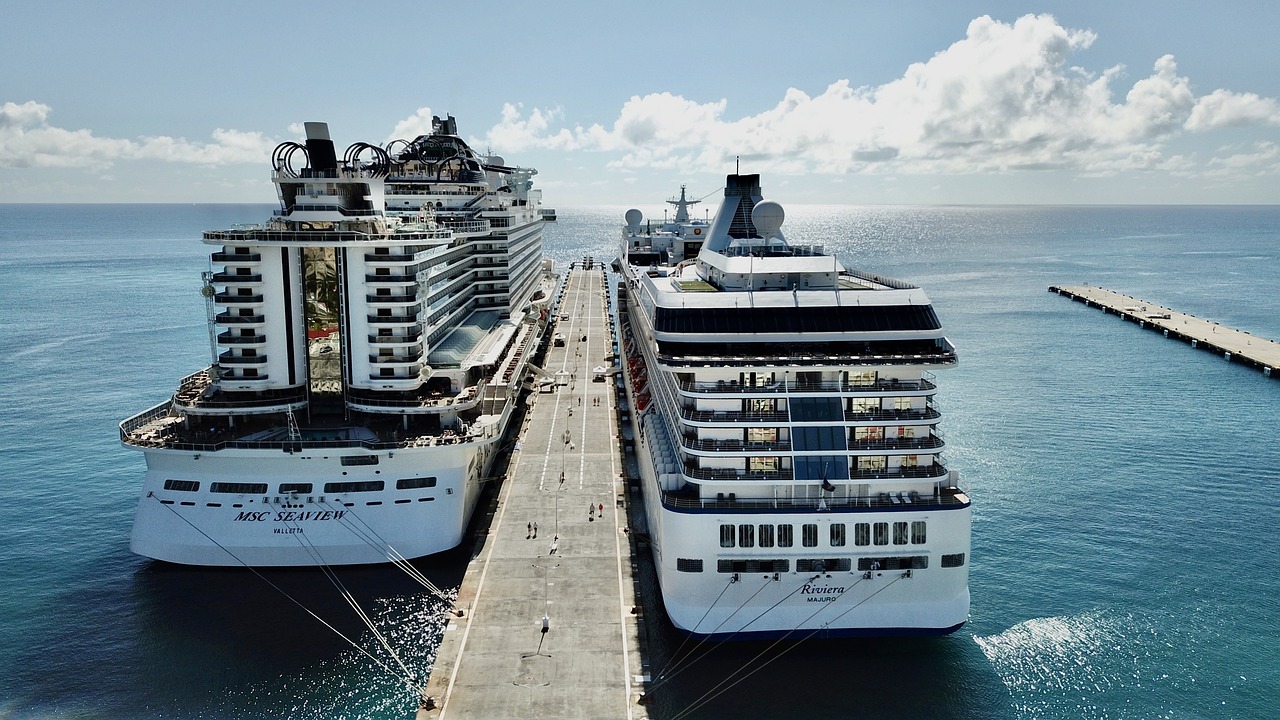
The Cruise Lines International Association (CLIA) released its annual report showcasing significant strides toward environmental sustainability in the cruise industry. The report highlights investments in new ships, advanced engine technologies, and alternative fuels as part of the sector's commitment to achieving net-zero emissions by 2050.
Key findings include advancements in fuel flexibility, with 19 ships now using liquefied natural gas (LNG) for primary propulsion, cutting greenhouse gas emissions by up to 20%. LNG's benefits are enhanced by ongoing efforts to reduce methane slip, which is expected to drop to below 1% in the coming years.
The adoption of Selective Catalytic Reduction (SCR) technology, which lowers particulate matter and nitrogen oxides emissions, has increased by 34% since 2023, with 71 ships now equipped. Additionally, more than half of CLIA member ships are outfitted for Onshore Power Supply (OPS), allowing them to switch off engines while in port, reducing emissions by up to 98%.
The cruise sector is also advancing in waste management, with 225 ships equipped with advanced wastewater treatment systems (AWTS) that exceed international standards. A substantial number of these ships can meet the stringent regulations of the Baltic Sea Special Area.
Infrastructure to support these initiatives is growing, with 35 ports worldwide currently offering OPS and 38 more planning or funded to add such capabilities. The EU's Fit for 55 regulations, requiring major ports to provide shoreside power by 2030, are expected to further drive infrastructure development.
CLIA's report underscores the industry's commitment to sustainability, including reducing emissions at sea and in port, and advancing new technologies to align with global environmental goals.







